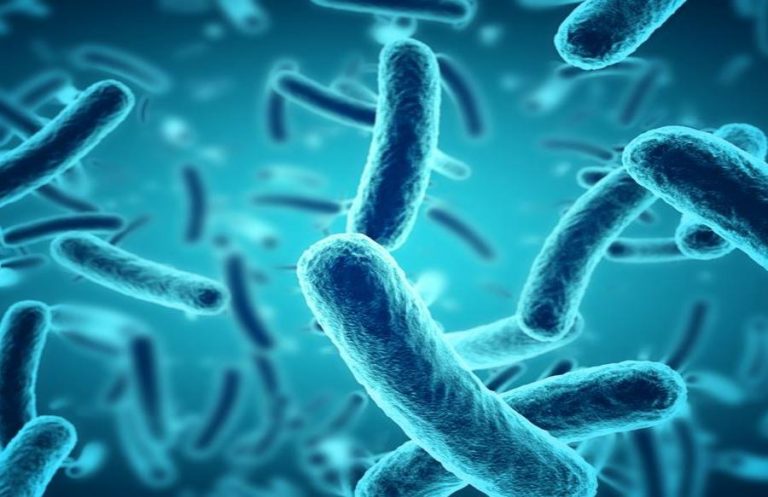Search by topic:

Some German researchers have been looking at whether the bi-directional conversion of H2 and CO2 into formic acid and then back into its original molecules might provide a low cost H2 storage option. The interesting part of this is not just the fully reversible nature of the process, but the fact the whole process can be done with the help of anaerobic bacteria. This provides a 'bio-battery' that can operate at pretty low temperatures and without expensive noble metals or other typically expensive catalytic assistance. Goethe-Universität — Researchers from Goethe University Frankfurt develop new biobattery for hydrogen storage.